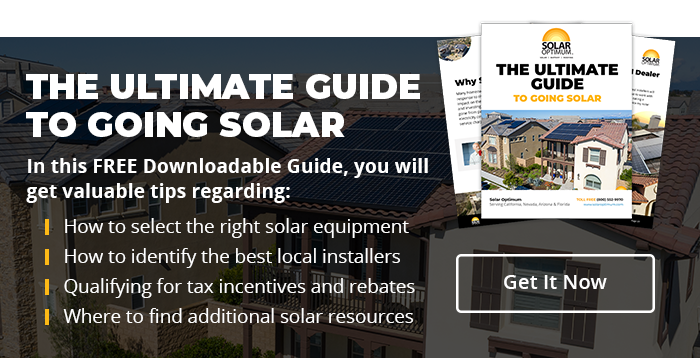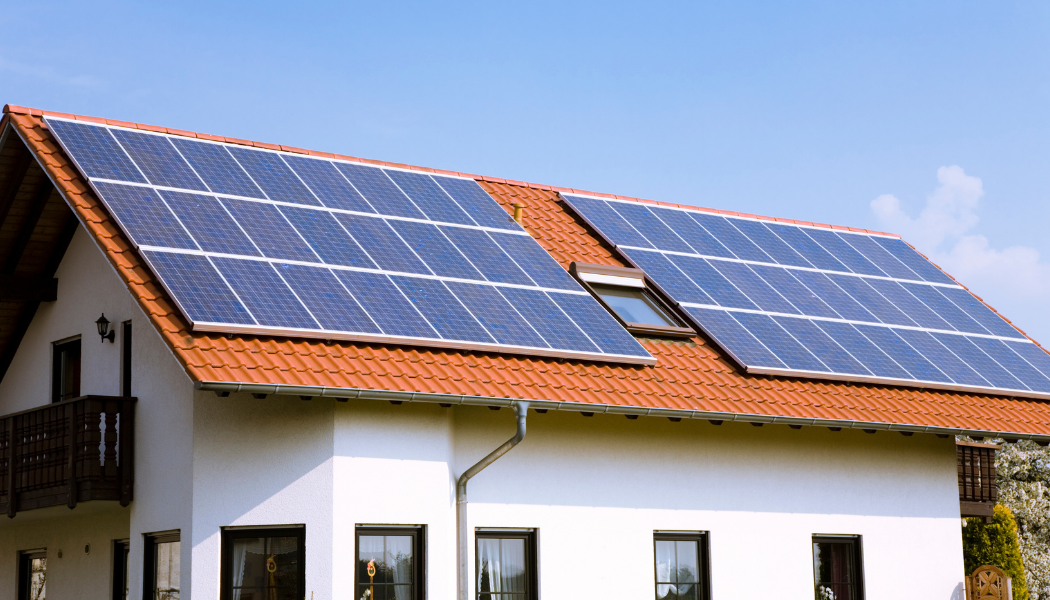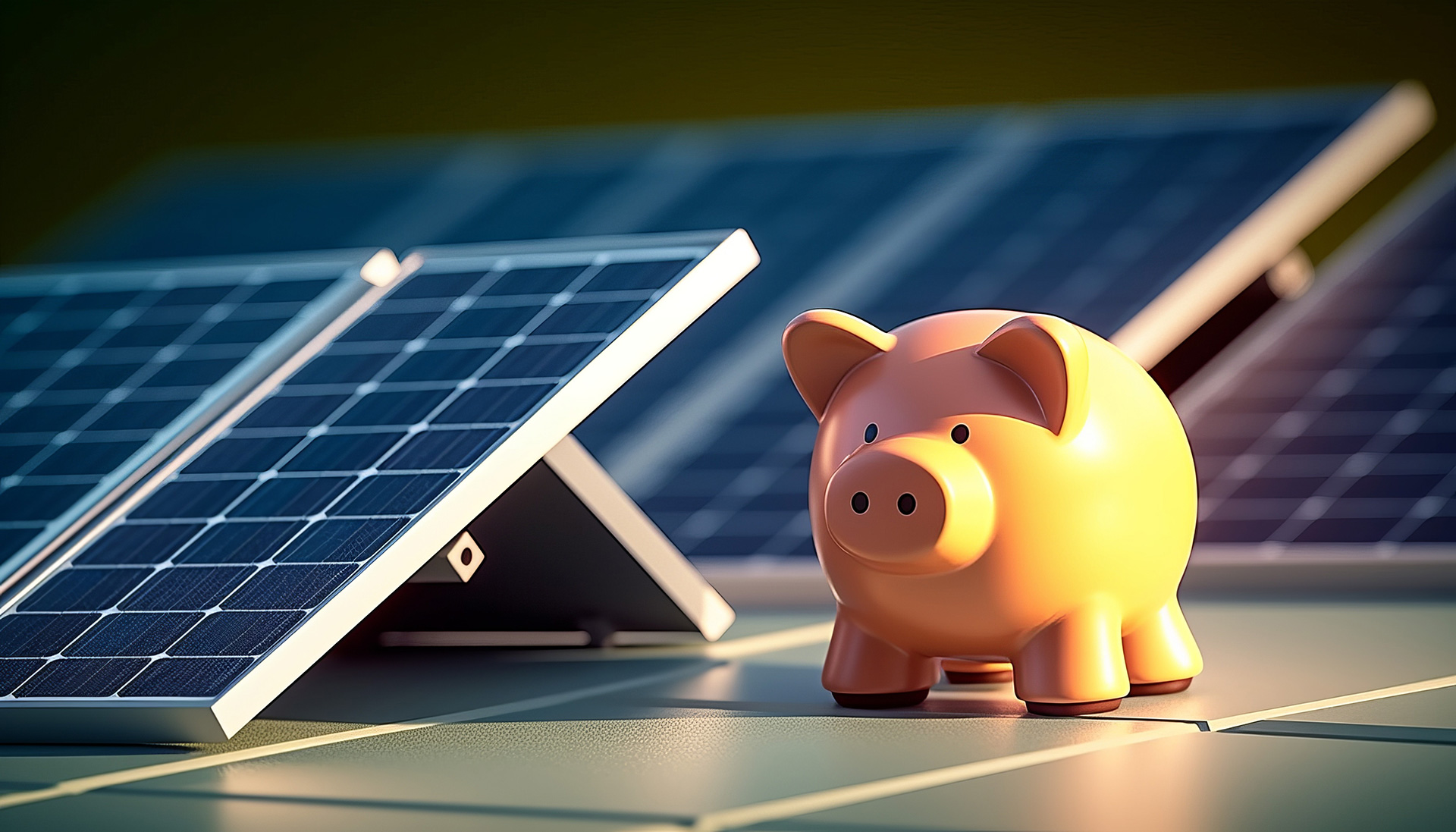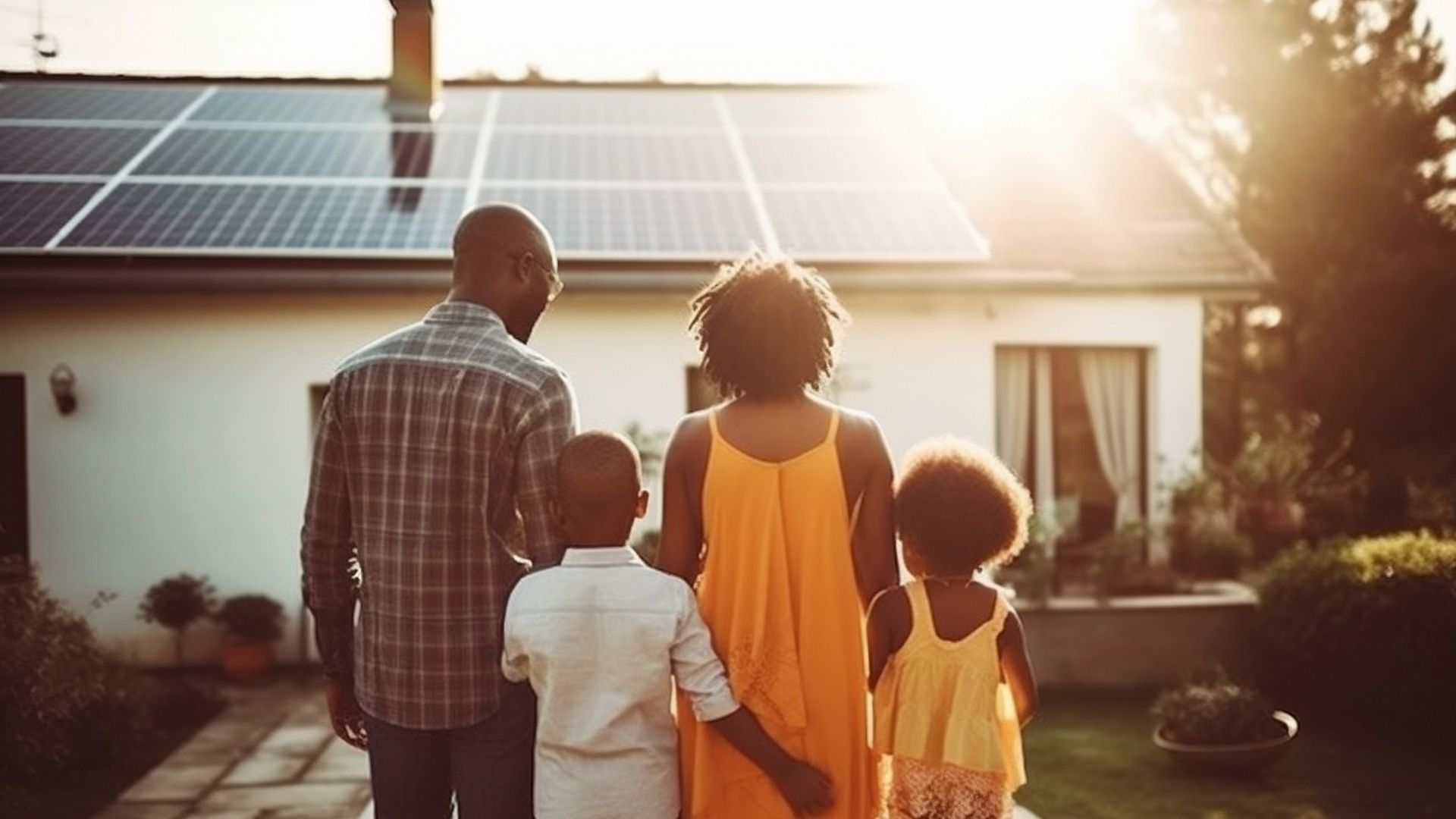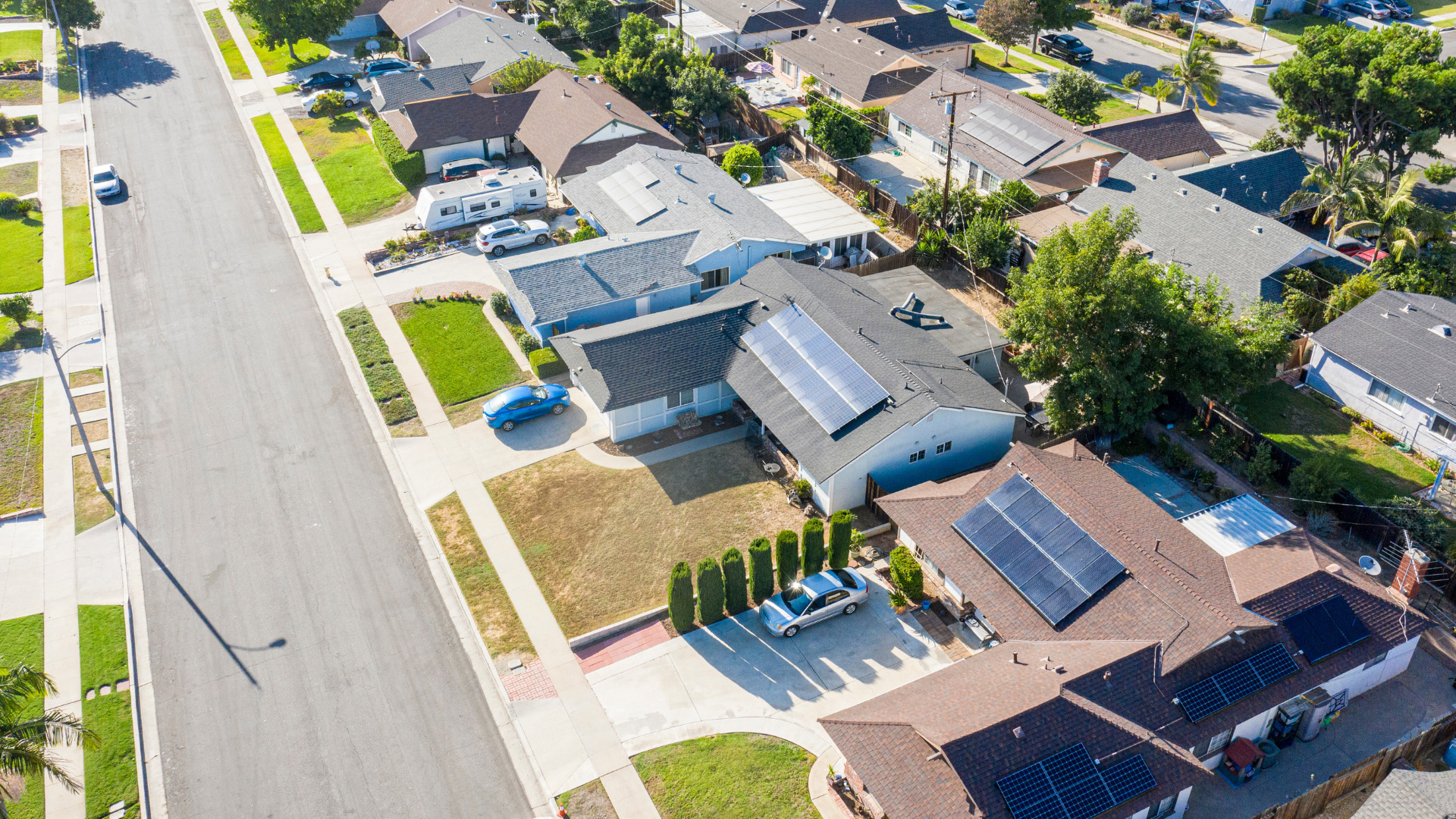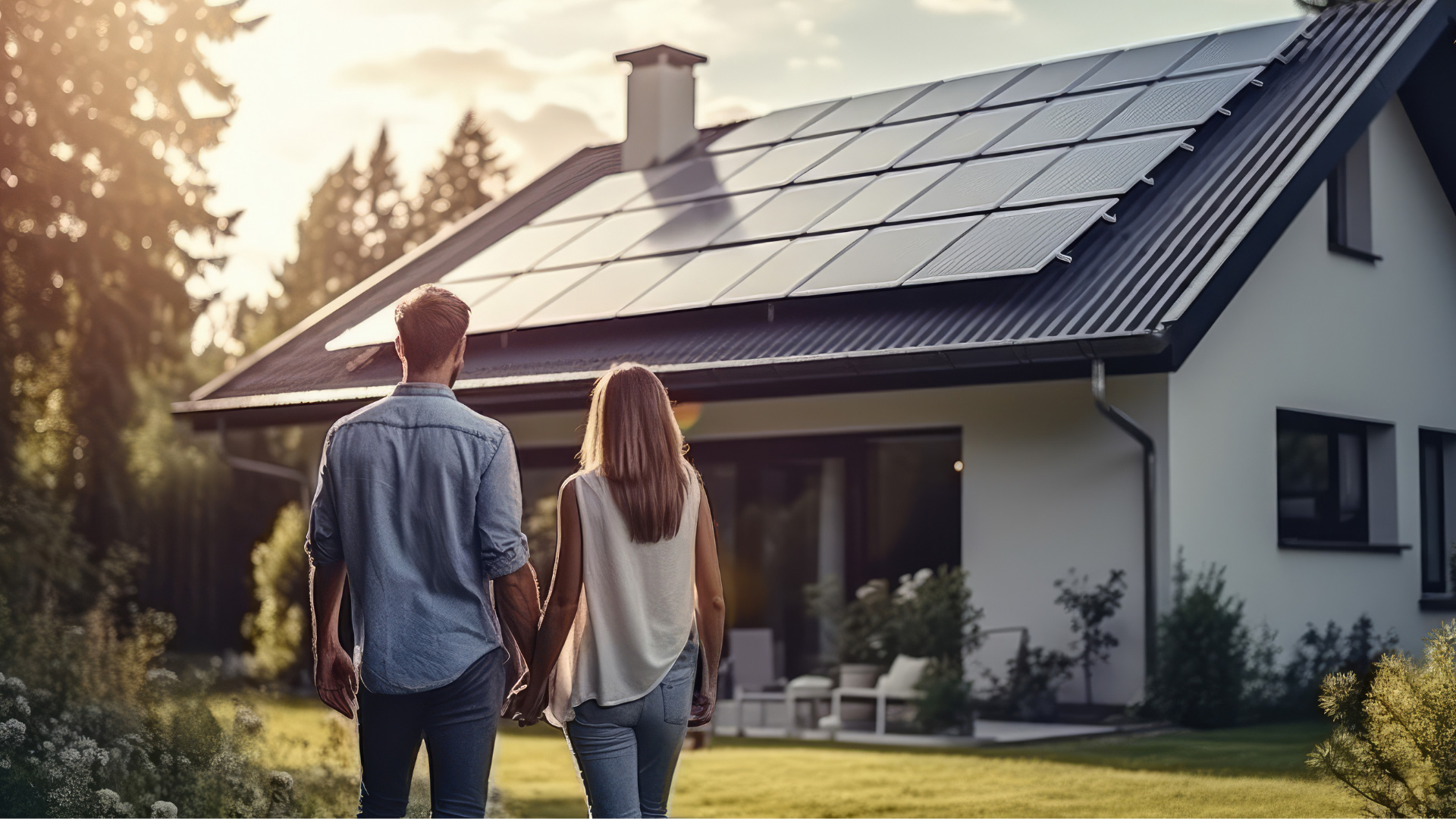The Residential Clean Energy Credit is the biggest government incentive available for solar installations in the U.S. Tucked into the Inflation Adjustment Act, this tax break encourages environmentally friendly solar solutions by providing a dollar-for-dollar tax credit equal to 30% of the cost of your solar system.
Unfortunately, this tax credit does not apply to leased solar panels — but that doesn’t mean leasing solar panels isn’t the right option for you! Read on to learn more about leasing and the federal solar tax credit.
What Is a Lease?
A solar lease involves a leasing entity installing and owning a solar system on your home with zero or low upfront costs. When you enter a lease agreement, you rent the solar panels for 15–25 years. You will pay a certain fixed amount each month to use the system.
How Does a Solar Lease Work?
When you opt to lease solar panels, you don’t have to incur any added costs apart from the fixed monthly lease payment. The leasing entity handles everything else, including installing, maintaining, monitoring, and repairing the system. They are responsible for ensuring the solar panels are in optimal working condition throughout the lease.
The lease payment amount you make can vary depending on several factors. Some solar lease options have room for buyouts, meaning you can fully purchase the panels after a certain period.
Who Is Eligible for the Federal Solar Tax Credit?
In order to be eligible for the federal solar tax credit, you must meet these requirements:
- The system must be installed at your primary or secondary residence
- You have to be the system’s owner
- You should have a taxable income
- You must claim the incentive after installing the system for the first time
Therefore, if you are leasing solar panels, you are not eligible for the residential clean energy credit. Purchase agreements (PPAs) also do not qualify for this tax break because it applies to those who pay upfront or finance their systems.
Loans Vs. Leases and PPAs
For most people who cannot afford to pay cash for solar panels, leasing and PPAs are some of the options on the table. However, in most instances, you’ll save much more money over time if you look for another form of financing. One viable option is to get a traditional loan from your bank or take out a home equity line of credit (HELOC).
At Solar Optimum, we also offer several financing options that allow you to get solar energy now and pay later. Here are some advantages of our own payment programs:
- Fast online application
- Required credit check
- Flexible terms
- Personalized programs
- $0 money down option
Is Leasing Still a Good Idea?
Having the funds to pay for your solar investment could save you a great deal of money in the long run. However, there are plenty of reasons to lease your system if that option works better for you. The main advantages of a solar lease include:
Immediate savings
When you get solar panels through a lease arrangement, you can start saving on electricity bills once the installation process is complete.
Low upfront costs
Homeowners who do not want to take out a loan and don’t have the cash to finance a solar investment can benefit from a solar lease arrangement.
Maintenance and repairs
There are no ongoing costs since the leasing company handles all maintenance, repairs, and monitoring.
Transferable options
Some solar lease plans allow you to pay to own the system after a certain period.
Let Us Help You Go Solar!
If you’re looking to start saving with solar but don’t want to pay thousands upfront, Solar Optimum can help. Apart from offering flexible payment programs, we also have a leasing option that lets you go solar with no upfront cost.
Contact us today for more details.
